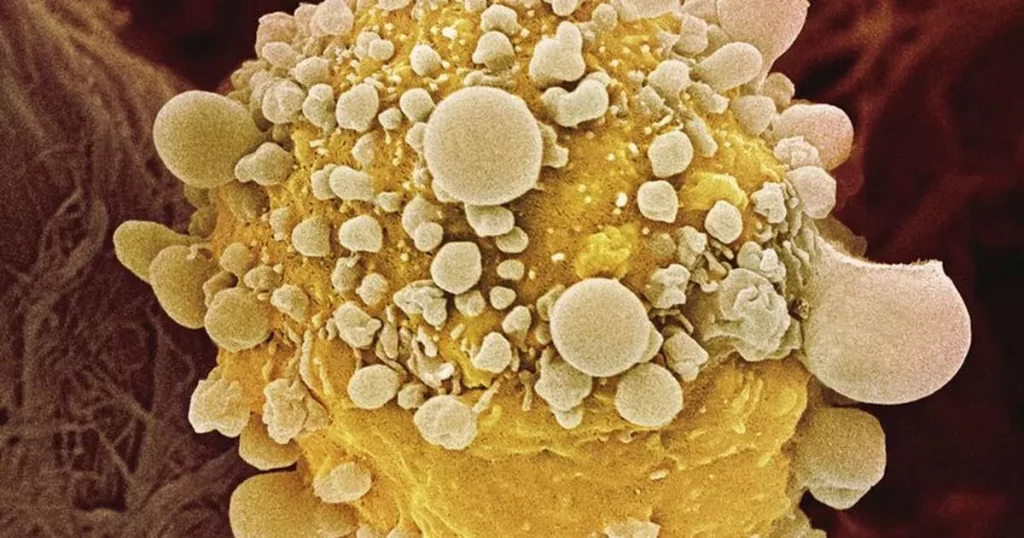Fenben is a benzimidazole compound commonly used as an antiparasitic agent against gastrointestinal parasites, including pinworms, giardiasis, roundworms, hookworms, and Taenia solium. It is also known to inhibit cancer growth and induce cell death in laboratory animals and human cancer cells. The mechanism of this action involves the interference of glycolysis, p53-dependent apoptosis, and modulation of genes involved in various pathways. In addition, fenben is known to have cytotoxic effects similar to that of conventional chemotherapeutic agents.
In order to examine the impact of fenben on the progression of tumors, we performed three experiments using EMT6 tumor-bearing mice. These experiments compared the effects of three daily i.p. injections of fenbendazole or placebo on the growth of tumors and their response to radiation. We analyzed data in terms of tumor volume, time to reach this volume, and the number of lung metastases.
Results from our study showed that fenbendazole had an antitumor effect by blocking glucose uptake in cancer cells. This is partly due to the inhibition of hexokinase II, a key glycolytic enzyme that promotes glycolysis by interacting with GLUT transporters and suppressing mitochondria-induced apoptosis50. We also found that FZ treatment inhibits apoptosis through its interference with microtubule dynamics and p53 activation, as well as by altering the expression of genes involved in autophagy, such as Beclin-1, LC3-I, AP1, SCO 255,53, and TIGAR54,55.
Our research also indicated that fenbendazole caused a decrease in cellular glycolysis by down regulation of hexokinase III and Glut-4 transporter, which are involved in glycolysis. As a result, fenbendazole significantly reduced glucose uptake in cancer cells. In addition, we observed that hexokinase III activity was diminished in FZ-treated cells, and this reduction correlated with the activation of caspase-8-dependent apoptosis and decreased GPX4 level, which promotes ferroptosis56.
Moreover, we observed that fenbendazole had a cytotoxic effect by disrupting the polarity of the mitochondrion, as evidenced by the loss of cytochrome C levels and the accumulation of ROS in mitochondrial membranes of FZ-treated cells. Furthermore, fenbendazole caused the expression of genes involved in ferroptosis, such as LC3-I, GPX4, and Beclin-1, to increase in SNU-C5/5-FUR cells. These findings suggest that hexokinase II is a critical regulator of glucose uptake in cancer cells, and fenbendazole causes tumor regression by targeting this glycolytic pathway.
In our study, we surveyed 21 cancer patients who were aware of the antitumor effects of fenbendazole and investigated where they got general and false information about this drug. Interviews were conducted with participants ranging in age from 56 to 75 years. They were classified into three groups according to their current stage of cancer: stage one, three, and four (Table 1). In the group that received general information about fenbendazole, acquaintances and family members were the first channels through which they acquired this information, followed by TV and YouTube. This is in line with the results of other studies that show that cancer patients often get their medical information from nonmedical sources.fenben cancer treatment


